Johannes Klinglmayr
How Value-Sensitive Design Can Empower Sustainable Consumption
May 14, 2020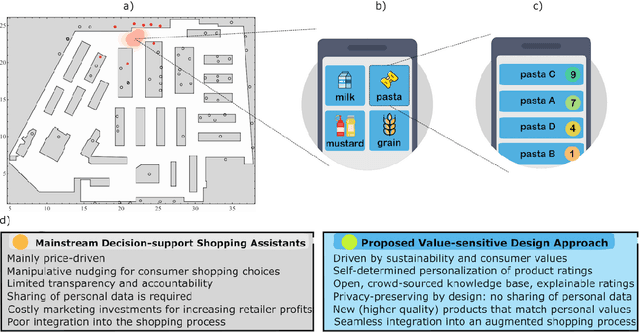
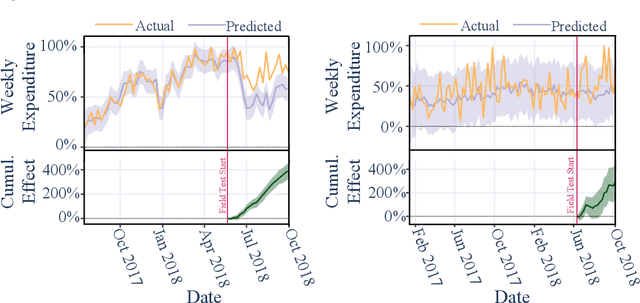
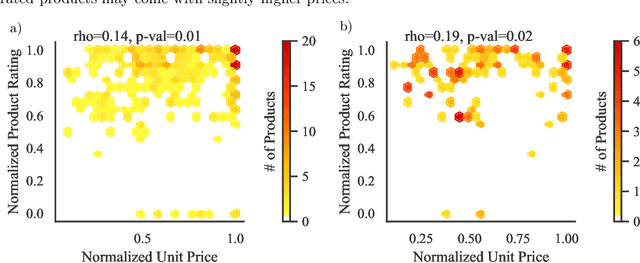
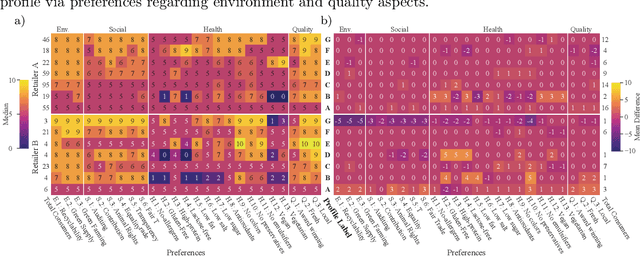
Abstract:In a so-called overpopulated world, sustainable consumption is of existential importance. The expanding spectrum of product choices and their production complexity challenge consumers to make informed and value-sensitive decisions. Recent approaches based on (personalized) psychological manipulation are often intransparent, potentially privacy-invasive and inconsistent with informational self-determination. In contrast, responsible consumption based on informed choices currently requires reasoning to an extent that tends to overwhelm human cognitive capacity. As a result, a collective shift towards sustainable consumption remains a grand challenge. Here we demonstrate a novel personal shopping assistant that empowers a value-sensitive design and leverages sustainability awareness, using experts' knowledge and "wisdom of the crowd" for transparent product information and explainable products ratings. Real-world field experiments in two supermarkets confirm higher sustainability awareness and a bottom-up behavioral shift towards more sustainable consumption. These results encourage novel business models for retailers and producers, ethically aligned with consumer values and higher sustainability.
Instantly Deployable Expert Knowledge - Networks of Knowledge Engines
Nov 07, 2018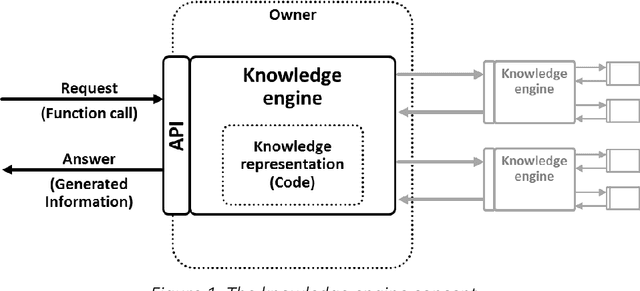
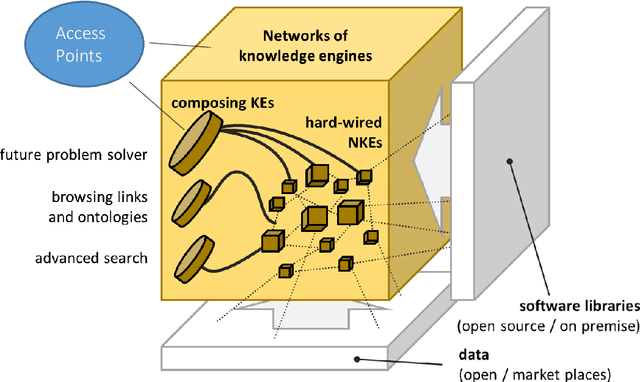
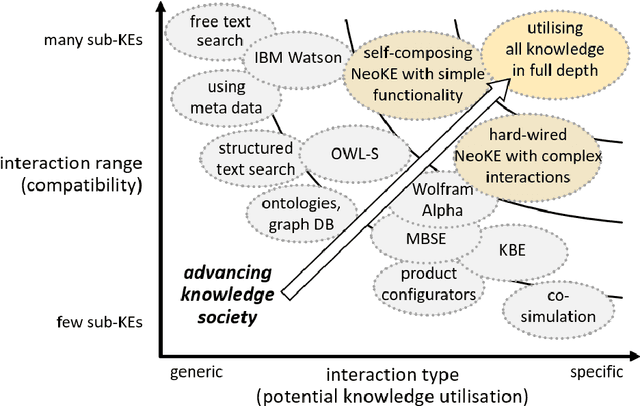

Abstract:Knowledge and information are becoming the primary resources of the emerging information society. To exploit the potential of available expert knowledge, comprehension and application skills (i.e. expert competences) are necessary. The ability to acquire these skills is limited for any individual human. Consequently, the capacities to solve problems based on human knowledge in a manual (i.e. mental) way are strongly limited. We envision a new systemic approach to enable scalable knowledge deployment without expert competences. Eventually, the system is meant to instantly deploy humanity's total knowledge in full depth for every individual challenge. To this end, we propose a socio-technical framework that transforms expert knowledge into a solution creation system. Knowledge is represented by automated algorithms (knowledge engines). Executable compositions of knowledge engines (networks of knowledge engines) generate requested individual information at runtime. We outline how these knowledge representations could yield legal, ethical and social challenges and nurture new business and remuneration models on knowledge. We identify major technological and economic concepts that are already pushing the boundaries in knowledge utilisation: e.g. in artificial intelligence, knowledge bases, ontologies, advanced search tools, automation of knowledge work, the API economy. We indicate impacts on society, economy and labour. Existing developments are linked, including a specific use case in engineering design.
 Add to Chrome
Add to Chrome Add to Firefox
Add to Firefox Add to Edge
Add to Edge